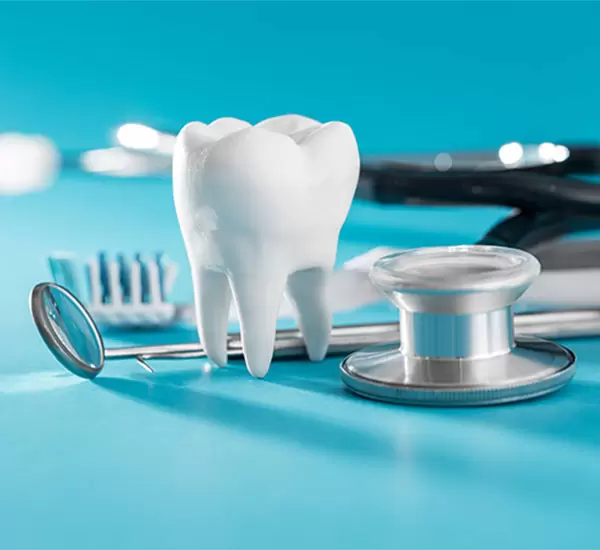Health
Understanding Dental Negligence: Its Impact and Legal Ramifications

Dental negligence is a serious issue that affects countless individuals around the world, often leading to significant physical, emotional, and financial consequences. While dentists are trusted professionals trained to provide quality care, instances of negligence can occur, resulting in patient harm. In this blog, we’ll delve into what constitutes dental negligence, its impact on patients, and the legal avenues available for those affected.
What Is Dental Negligence?
Dental negligence, commonly referred to as dental malpractice, arises when a dentist or dental professional falls short of meeting the expected standard of care within the dental field, leading to harm to the patient. This encompasses a broad spectrum of actions or omissions, such as misdiagnosis, inappropriate treatment, surgical mistakes, errors in medication administration, failure to secure informed consent, and insufficient post-treatment follow-up care.
Impact on Patients
The consequences of dental negligence can be profound and far-reaching. Patients may suffer physical injuries such as nerve damage, infection, permanent tooth loss, or disfigurement. These injuries can lead to chronic pain, impaired oral function, and the need for costly corrective procedures. Moreover, dental negligence can have significant emotional repercussions, causing anxiety, depression, and a loss of trust in healthcare providers.
Financial burdens are another aspect of dental negligence that cannot be overlooked. Patients may incur substantial medical expenses for additional treatments, rehabilitation, and ongoing care. Furthermore, they may experience lost wages due to time taken off work for medical appointments or recovery.
Legal Recourse for Victims
When patients believe they have been victims of dental negligence, they have the right to pursue legal action against the responsible parties. Legal recourse typically involves filing a dental malpractice lawsuit to seek compensation for damages incurred. In cases of dental malpractice, individuals may explore the option of a no win no fee dental negligence claim to seek compensation for damages incurred due to the dentist’s negligence. To establish a case of dental negligence, several elements must be proven:
- Duty of Care: The dentist owed a duty of care to the patient, meaning they were responsible for providing treatment consistent with the accepted standards of the dental profession.
- Breach of Duty: The dentist breached this duty by failing to adhere to the standard of care, either through an act of negligence or omission.
- Causation: Causation is established when it can be shown that the breach of duty directly led to harm or injury to the patient. This means demonstrating that the patient’s injuries would not have occurred had the dentist provided the appropriate standard of care.
- Damages: The patient suffered measurable damages as a result of the dentist’s negligence, such as physical injuries, emotional distress, or financial losses.
Pursuing compensation via a dental malpractice lawsuit enables victims to seek recompense for various losses resulting from the dentist’s negligence, including medical costs, lost earnings, emotional distress, and other related damages. Additionally, holding negligent dentists accountable can help prevent future instances of harm to patients and uphold the standards of patient care within the dental profession.
Preventing Dental Negligence
While legal recourse is available for victims of dental negligence, prevention remains the best approach. Dentists and dental professionals must prioritise patient safety by adhering to established standards of care, maintaining open communication with patients, obtaining informed consent, and regularly updating their knowledge and skills through continuing education.
Patients can also take proactive steps to protect themselves by researching their dentists’ qualifications and reputation, asking questions about proposed treatments, and seeking second opinions when necessary.
In conclusion, dental negligence is a serious issue that can have devastating consequences for patients. By understanding what constitutes dental negligence, its impact on patients, and the legal avenues available for recourse, individuals can take steps to protect their rights and hold negligent dentists accountable. Moreover, promoting a culture of patient safety and accountability within the dental profession is essential for preventing future instances of harm and ensuring quality care for all patients.
